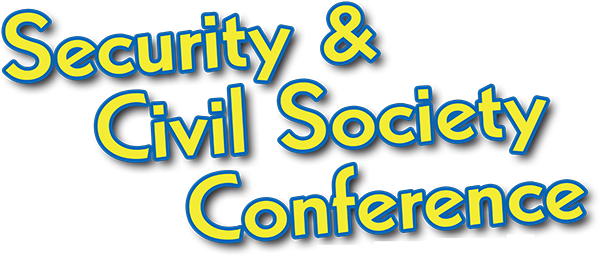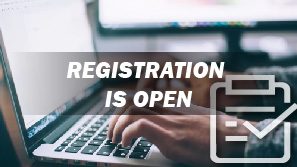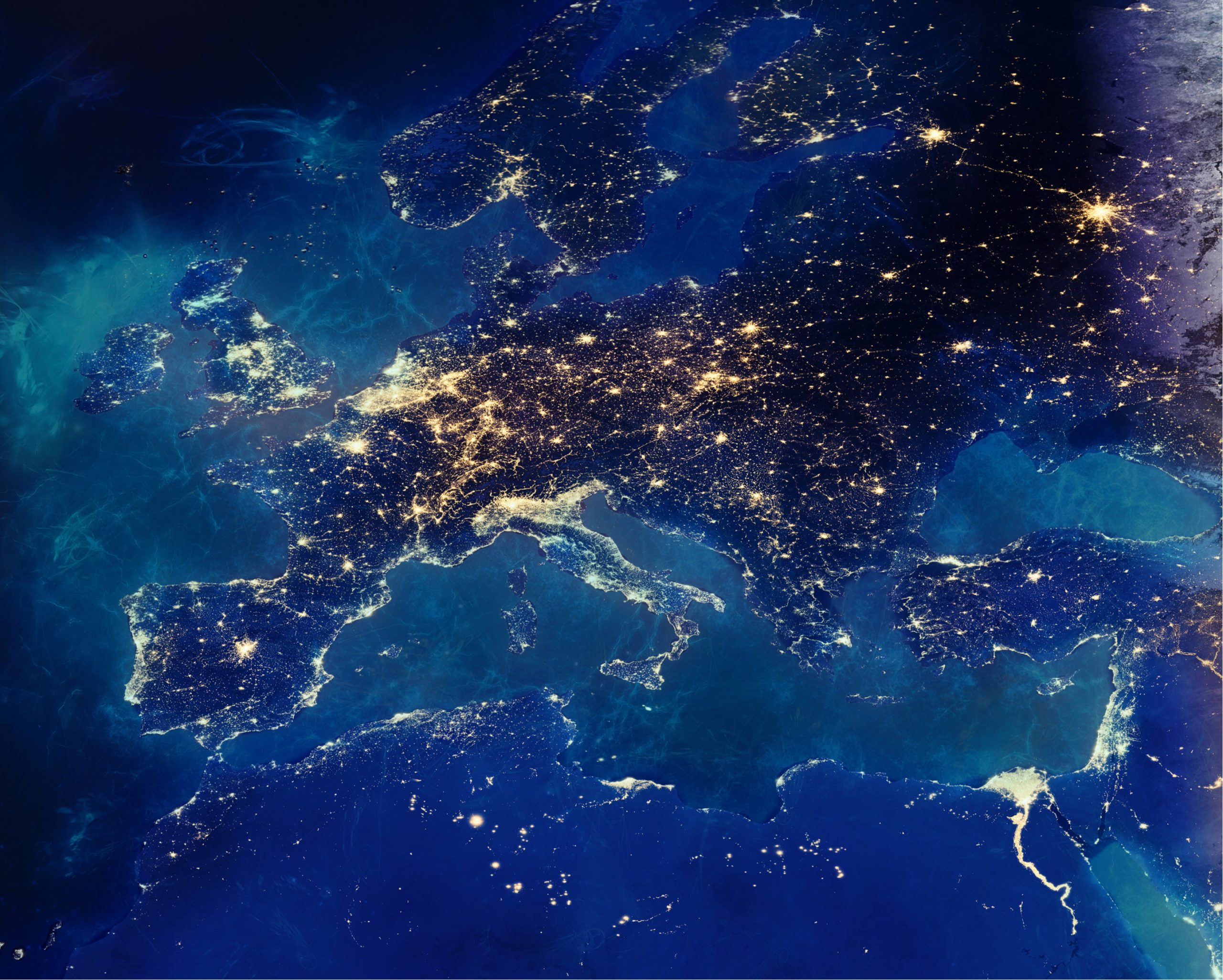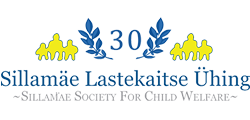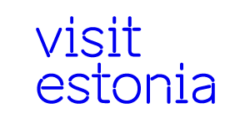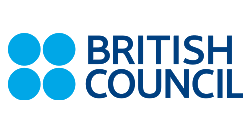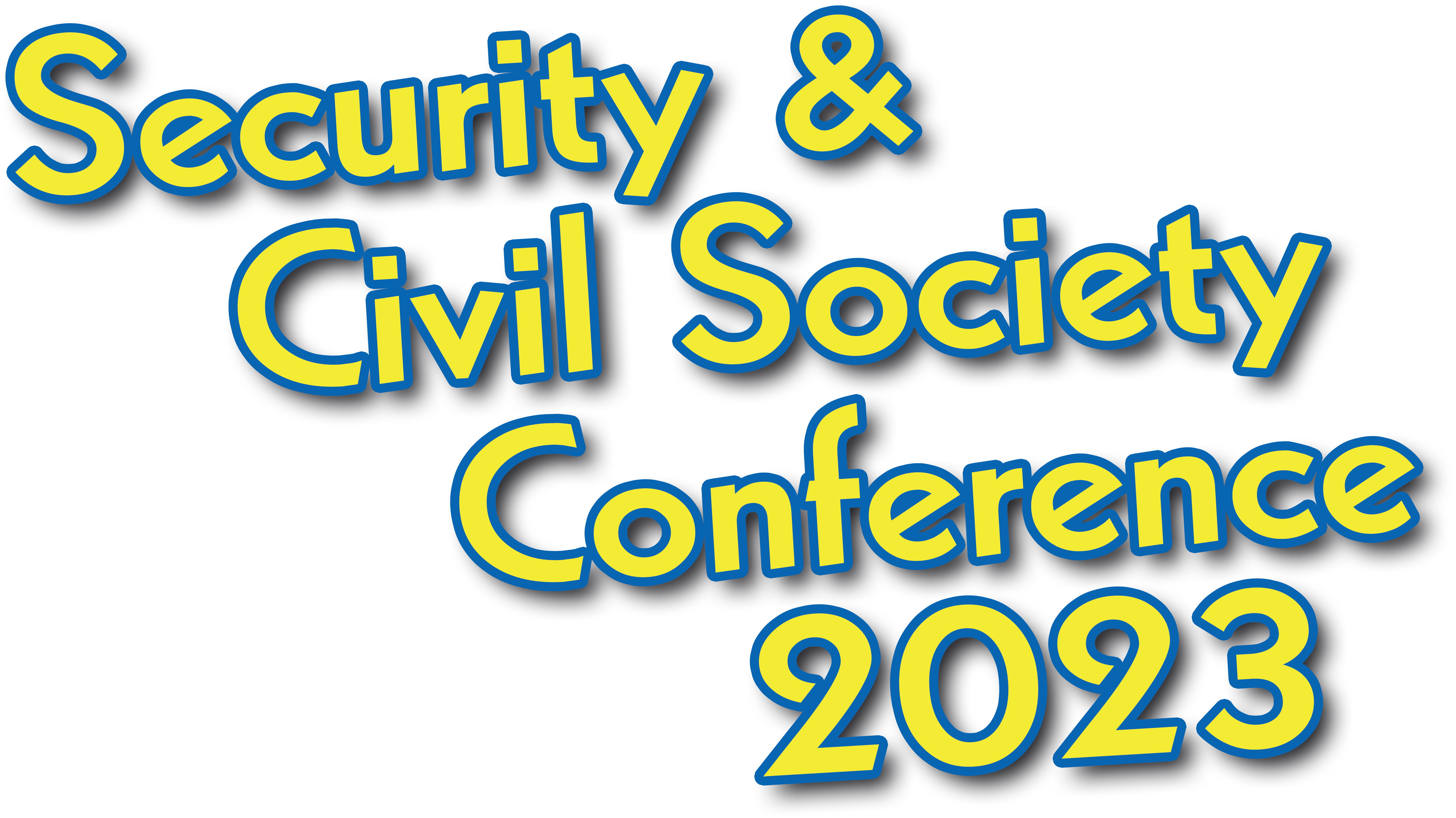Julgeoleku ja kodanikuühiskonna konverents 2023
AJAKAVA
2–5 Veebruar, in Narva and Narva-Jõesuu
Kolmapäev, 1. Veebruar 2023
The arrival of Officials and Speakers in Tallinn
Neljapäev, 2. Veebruar 2023
Arrivals and sightseeing’s in Tallinn
- The arrival of Delegates
- Registration to the Conference
- Preparation of Conference and visiting Government institutions and EU Representation in Estonia
- Sightseeing tours in Tallinn
- Departure at 17.00pm to Narva-Jõesuu / Narva (Accommodation and Venue places)
- Arrival in Narva; dinner in Hotels
- 21.00 – 22.00 Organising Committee meeting in Meresuu Spa Hotel
I PÄEV. Reede, 2. Veebruar 2023
Koht: Vaba Lava Teatrikeskus, Narva
Themes: civil society and democratic values; international community (IC) actions against Russian war in Ukraine; IC and CSOs planning for the future to recovery the Ukraine; Moldova as a new territory of potential war conflict?
09.00 – 10.00 Registration and coffee
10.00 – 10.20 The Opening Ceremony
Moderator of the Conference: Amb. Hatem Atallah
- Moderator of the Conference: Amb. Hatem Atallah
- Welcome speech by Vivian Loonela, Head of European Commission Representation in Estonia
- Welcome speech by Christer Haglund Director, Nordic Council of Ministers´ Office in Estonia (Online)
10.20 – 11.45 Keynote speakers on Conference Themes & Goals
- Estonian Ministry of Foreign affairs (TBA)
- Ukraine Embassy representative (TBA)
- Janne Rajala, President of Green Habito European Civil Society Network (Finland)
11.45 – 13.00 Round Table discussion with experts, delegates and interested members of the public
“Charting Ukraine’s Future in Europe as free, democratic sovereign state…” – as International community and CSOs affirming the vital importance of having their number intricately involved in efforts to rebuild Ukraine’s infrastructure and institutions, and contribute to sustainable reforms; not just as watchdogs, but as true partners throughout the process, where each party could make own valuable contribution. Despite the rapidly changing reality and the upcoming geostrategic changes, we will try to present a positive agenda for the development of events for Ukraine and the world community in achieving peace throughout the internationally recognized territory of Ukraine;
Moderator: Kristina Levytska, deputy Director of department of humanitarian policy, head of international cooperation department, MFA Ukraine
Experts:
– “EU lessons from Russian war in Ukraine: possible development scenarios and EU future actions in response to situation in Ukraine“ – Vivian Loonela, Head of European Commission Representation in Estonia
– „The humanitarian crisis in Ukraine is also an educational crisis? – Contributions of Estonia to the people of Ukraine in minimizing the consequences of Russian war in Ukraine“– Estonian Ministry of foreign affairs (Representative TBA)
– “Protection of constitutional democracy of Ukraine: The Strategic Deployments against cyber attacks and cognitive warfare within society and media”– Oleksandr Potii, Deputy Chairman of State Service of Special Communications and Information Protection of Ukraine
– „Ukraine’s vibrant civil society role in post-war transformation”- Mariia Tyshchenko, Chairmen of All Ukrainian NGO “PORUCH”
– “Inclusion of war refugees and migrants into civil society by generating input in the social and economic development of Europe in example of Poland”- Antoni Sobolewski, President of the Center for Social and Economic Development, Poland“
12.40 – 13.00 Working groups (Alexander Dubowy, Senior Fellow at Welt Trends-Institut für Internationale Politik, University of Vienna (Austria); Jean Kostrzewski, SOAS, London University (Poland) and David Wardrop, Chair of the Westminster United Nations Association – TBC (UK).
13.00 – 14.00 Lunch (on the first floor)
14.00 – 15.30 Round Table discussion with experts, delegates and interested members of public
“Moldova’s Future: East, West, or Somewhere in the Middle?” – To understand Moldova future we need to be able to understand existing factors and challenges what country and society are facing including internal and external actors who play the leading role in the future of Moldova.
Moderator: Nikolai Tsvyatkov, Deputy chief at State Chancellery’ Bureau for reintegration politics (Moldova)
Experts:
– “Transnistria: Factor of Moldova internal instability?” – Alexandru Simionov (MD), Ministry of Foreign Affairs. Directorate for International Law
– “Moldova is the next front of the Ukraine war?” Benno Zogg, Team Head and Senior Researcher, Swiss and Euro-Atlantic Security Team, Center for Security Studies (Switzerland)
– “Civil society input in ensuring Peace and Security in example of Transnistria peace education projects” – Lisnevschi Ian, director of Intellect Group (Moldova)
– “The Transnistrian Issue: Moving beyond the Status Quo after Russian war in Ukraine” – Professor Stefan Wolff, Department of Political Science and International Studies, Professor of International Security, University of Birmingham (UK)
– “EU plan in supporting Moldova as state candidate for EU: by improving the rule of law and empowering development of democratic society” – European Commission representative TBA (Belgium)
15.30 – 16.00 Working groups (Mette Brogden, Ph.D., The University of Arizona (USA) and Raluca Raducanu, political consultant (Romania) and Eva-Maria Liimets, Head of Strategy, Eastern Partnership Department, The Estonian Centre for International Development (TBC)
16.00 – 16.15 Coffee break
16.15 – 17.45 Round Table discussion with experts, delegates and interested members of public
Mainstreaming more conscious Nordic-Baltic security policies to becoming NATO members and supporting sustainable development to become the world’s most sustainable and integrated region in 2030” – The Nordic countries share a common security environment, and are engaged in close foreign, security and defence policy cooperation. Nordic foreign, security and defence policy cooperation has deepened further in the past few years. The Nordic Defence Cooperation (NORDEFCO) is a good example of the closer cooperation. With Finland and Sweden as NATO members, the threshold for using military force in the Baltic Sea region will rise, which will enhance the stability of the region in the long term. NATO is a stabilising actor in the Baltic Sea region and from Russian perspective not at all. In 2022 the war in Ukraine has affected the world – as hard security as the digital sphere – in unforeseen ways. The intentional destruction of infrastructure in Ukraine, including digital infrastructure and cyber-attacks, illustrates the need for resilience in communication networks in order to prevent the risk of regions being isolated. It also demonstrates how important it is that we can rely on our communication networks to ensure availability and continuity of essential services for our citizens. Therefore, a high level of security in the digital services that our societies rely on, has become increasingly important.
Moderator: Christer Haglund, Director of Nordic Council of Ministers’ Office in Estonia
Experts:
– „NATO political position in terms of reinforcing cooperation and inclusion of Sweden and Finland into stronger region“ – NATO Public Diplomacy Division representative (Belgium)
– „Reinforcing military and digital cooperation in example of Estonia and Latvia/ Estonia and Finland“ – Hanno Pevkur, Estonian Minister of Defence TBC
– The role of global cooperation, international institutions and organisation in supporting international law and freedoms – Nordic Council representative (intergovernmental approach in promotion of security, collaboration and democratic values within the region)
– “Use of new technology in military capacities: dissemination and combating of disinformation in Nordic and Baltic States” – Flemming Splidsboel Hansen Senior Researcher, Danish Institute for International Studies
– „Youth and Civil society contribution to peace and security issues: on the road of united and empowered democratic society with universal values“ – Jenni Kauppila, Advocacy Work Officer of UNA Finland Association
17.45 – 18.15 Working groups: (Charly Salonius-Pasternak, Leading Researcher, Finnish Institute of International Affairs; Katri Halonen, Principal Lecturer at University of Metropolia; Torunn L. Tryggestad, Director of the PRIO Centre on Gender, Peace and Security in Oslo (TBC)
18.15 – 18.30 The concluding remarks of the Conference by Moderator: Amb. Hatem Attallah.
20.00 – 22.00 Official Reception and Estonian Culture programme
II PÄEV. Laupäv, 4. Veebruar 2023
Koht: Konverentsikeskuses Meresuu Spa Hotellis, Narva-Jõesuu
09.30 – 10.00 Elaborating Conference Declaration language on „Peace and Cooperation“
10.00 – 10.20 Summary of the agreements. The conference Moderator & Working Group Rapporteurs
10.20 – 11.00 Keynote speakers on Conference Themes & Goals
- “Raising challenges in regional partnership for intercultural and civil society dialogue in the face of growing mistrust and polarisation” Dr. Mari Neuvonen, Chairperson of the Board of Governors of the Anna Lindh Foundation (Finland) TBC
- “Global crises affecting European Security from the perspective of Tunisia” – Ambassador Hatem Atallah, (Tunisia)
11.00 – 13.00 Round Table discussion with experts, delegates and interested members of public
Mediterranean region Global powers, region states and civil society contributions for peace, security and sustainable development – The mediterranean region continues to struggle with terrorism. Countries like Turkey and Egypt are stille facing violent acts perpetrated by radical groups, a situation which affects the European security environment as a whole directly and indirectly the threat of terrorism emanating from Europe’s southern periphery. These risks are hardly new, but they have acquired new meaning in light of the sustained conflict and political instability around the southern and eastern Mediterranean, and the persistent economic and social pressures across southern Europe. Above all, terrorism concerns and counter-terrorism partnerships will underscore the strategic importance of the region on both sides of the mediterranean at a time of flux in national, NATO and EU strategies. Mediterranean security environment as a whole will continue to be strongly affected by this threat, and the continued recruitment of terrorists throughout the region. State fragility in the Euro-Medditerenian regions and possible intersections of terrorism with systemic security issues in the global sense, including climate change, maritime issues, and migration will be addressed alongside the wider dimensions of military issues, including the presence of major powers naval units in the mediterranean and how each country views the other’s long-term regional ambitions;
Moderator: Stefanos Vallianatos , Co-Founder of Fotoessa, Head of Greek Network of Anna Lindh Foundation (Greece)
Experts:
– Countering terrorism and extremism in the Arab Region and Europe: Tools and Strategies – PhD. Mahmoud Ezzat, Deputy Director of Center for Strategic Studies at Bibliotheca Alexandrina (Egypt)
– „How does Russia’s invasion of Ukraine change the security architecture in the Maghreb and the Sahel, and what does it mean for Europe?“ – Mr. Thomas Volk, Director of our Regional Program Political Dialogue South Mediterranean, European and International Cooperation, Konrad-Adenauer-Stiftung (Tunisia/Germany)
– “Pursuing the SDGs, through CSO development and networking, in a troubled region; a Greek paradigm” – Michael Kavuklik, Political Scientist, President of the House of Europe in Rhodes (Greece)
– „Conflict resolution in Europe: the role of civil society and intercultural dialogue in tackling conflicts in example of Turkey“ Dimitris Triantaphyllou, professor, Kadir Has University in Istanbul (Turkey)
12.30 – 13.00 Working groups (Malek Atallah, We love Sousse (Tunisia); Adel Albagdadi, We Organisation (Netherlands); and Ivan Vasilevskikh, Copenhagen Bussines Academy (Denmark), Stephanie Kronvall, UF Malmö Association of Foreign Affair (Sweden)
13.00 – 14.00 Lunch in Hotel restaurant
13.00 – 14.00 Lunch (Kohvik nr. 2)
14.00 – 15.50 Round Table discussion with experts, delegates and interested members of public
Climate Change and Energy crises: Green Revolution still achievable by 2050? – Transforming global consumption patterns and investing in clean energy – As electricity prices surge on the back of dwindling gas supplies from Russia, calls are growing to bring relief to European households and businesses – some of which are being pushed to bankruptcy. The calls are being heard as EU energy ministers prepare to hold an extraordinary meeting to discuss the EU’s response to the crisis and of course to keep in agenda green revolution what EU agrees to achieve by 2050. Experts will provide own perspective on existing crises and update of EU energy and climate change policies.
Moderator: Ms. Anneli Ohvril, Let`s Do It World (Estonia)
Experts:
- Kristi Klaas, Green transition coordinator, Estonian State Chancellery TBC
- Jane Õispuu, Head of Political Team, European Commission Representation in Estonia
- Representative of Stockholm Environment Institute Office in Tallinn TBA
- Nordic Council expert representative TBA
- Estonian Erergy representative TBA
15.30 – 16.00 Working groups (Expert representative of the Nordic – Baltic regions TBA)
16.00 – 17.00 Elaborating Narva Declaration language on „Peace and Cooperation for Resilient Communities”.
17.00 – 17.10 The concluding remarks of the Conference by moderator: Amb. Hatem Attallah.
17.10 – 22.00 Estonian Culture Programm: Visiting: Vaivara Museum, Sillamäe City Museum and/or Mining Museum in Kohtla Nõmme at 18.00pm
Free time
III PÄEV. Pühapäev, 5. Veebruar 2023.
Koht: Konverentsikeeskus Meresuu Spa Hotellis, Narva-Jõesuu ja Narva Muuseumis
10.00 – 10.30 Official Presentation and adoption of Conference Declaration on „Peace and Cooperation“
10.30 – 11.00 Summary of the agreements – The conference Moderator & Working Group Rapporteurs
11.00 – 11.30 Conclusions and follow up activities for 2023 (Signing symbolic agreement of non formal network creation and conduction in Estonia of the annual conference by network)
11.30 – 12.00 Practical arrangements
12.30 – 12.30 Driving to Narva Castel
13.00 – 15.00 Official closing at Rondeel restaurant
15.00 – 17.00 Visiting Narva Musuem and Narva City (for those who stay behind)
16.00 Departure to Tallinn, Bus to the airport
*[Conference Format Note: In order for all delegates and panelists to tease out the best ideas and strategies from every one of the delegates coming to this Conference, we are using in fram of working groups the Round Table / World Café format. This requires short (7-10 minute) presentations of key ideas and priorities by each of the 4-5 experts on the Panel. Moderator could ask 1-2 questions to each panelist. Later on they then come down from the Platform (or they continue online conversation with Virtual participants) and join Working groups (a Round Tables (by joining direct conversation with all virtual participants) of delegates and spend up to 30-minutes listening / challenging / contributing / discussing responses to these ideas + other priorities and strategies advanced by audience members. They then return to the Platform/Virtual scene and each expert reports back what they have learned from the delegates and what concrete suggestions / recommendations they would offer the Narva Declaration (political statement). Each session has a moderator, experts, working group facilitators and repartuer .

